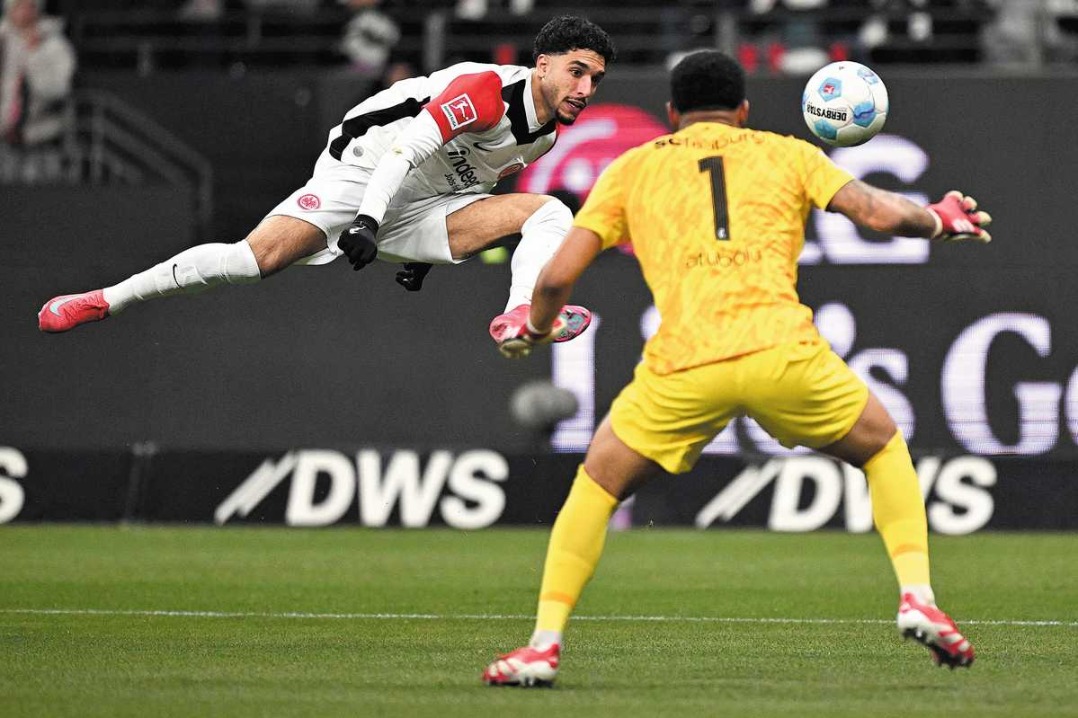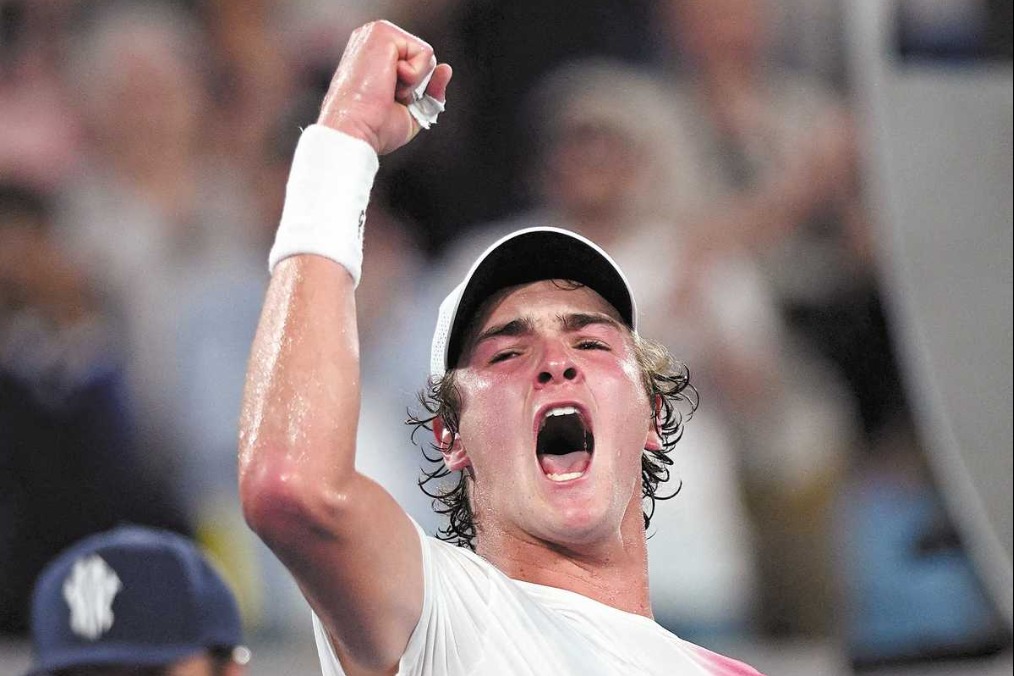Paralympic vision a real Games changer for world

The world owes a massive debt of gratitude to the father of the Paralympic Games, Ludwig Guttmann. That's the view of Vicky Hope-Walker, CEO of Britain's National Paralympic Heritage Trust, which is based at the English hospital where the Games originated.
"We owe him so much for doing that and really shifting attitudes bit by bit," said Hope-Walker.
"It's still a journey, still a lot of attitudes to shift, but he started that and we should be very grateful for that globally."
When 16 paraplegics drew their bows on wheelchairs at Stoke Mandeville Hospital in England more than 70 years ago, they were just fighting for a longer life.
But Professor Guttmann, a German-born British neurologist, firmly believed that competitive sports could not only boost their physical well-being but also their mental and emotional health.
"The most important aspect is in regard to their social reintegration into society," he said.
Back in the 1940s, people who had suffered serious paralysis could only hope to live no more than two years.
Even when the British government asked Guttmann to establish the Spinal Injuries Unit at Stoke Mandeville Hospital in 1943, they were just hoping that those soldiers and civilians injured during World War II could live more comfortably in their remaining days.
However, Guttmann had his own ideas about life expectancy and insisted on treating and rehabilitating patients his way. That included sports, and patients under his care began playing bowls with broomsticks in the ward. On the very day the opening ceremony of the 1948 London Olympic Games was held, patients at the hospital participated in an archery competition.
That led to the establishment of the annual Stoke Mandeville Games, which continued to grow over the years and became an international event when a team from the Netherlands joined the fun.
The first official Paralympic Games took place immediately after the 1960 Olympics in Rome, featuring eight sports-archery, para athletics, dartchery, snooker, para swimming, table tennis, wheelchair fencing and wheelchair basketball.
"To me, the Games are determination, inspiration, courage and quality," said Hope-Walker as she stood at the entrance to the National Paralympic Heritage Centre at Stoke Mandeville in Buckinghamshire.
Hope-Walker also believes that Guttmann's vision of the Paralympic Games has a profound impact on society.
"Whatever your ability, not just related to disability, whatever your color, whatever your race, we are all equal and entitled to things in life. We are all equal members of society," she said.
After hosting the 2008 Games, Beijing will once again become the center stage of the Paralympic Movement when the Winter Paralympics take place from March 4 to 13.
"It's certainly part of the purpose of the Games to make that happen, to make people rethink. And I think certainly when the Games go on and in the lead-up to them and afterward, there is generally nowadays a shift in thinking," said Hope-Walker.
"But it still takes investment and our governments to kind of work and to continue that work, to make sure positivity and the attitudes are still challenged and still changed."
Xinhua
Most Popular
- NBA tips off 14th Chinese New Year celebration
- Noisy racket on 'party court' sees match moved
- Yamal drives dominant Barcelona past Betis
- 'Sensational' Arsenal back in title race: Arteta
- Coach: Garnacho can have bright future
- Jabeur finds it 'hard to breathe' as asthma flares up






























